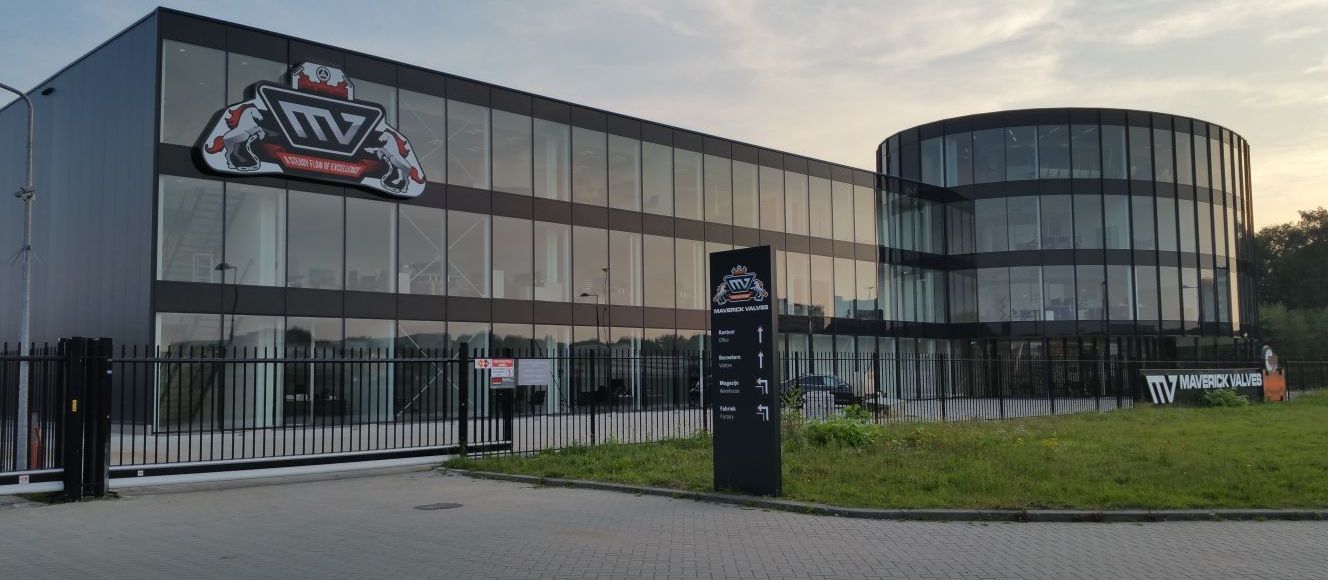
Delayed coking is a complex unit process used in many oil refineries and produces 19% of finished petroleum exports. The process consists of heating a residual oil feed to its thermal cracking temperature, typically greater than 900° F, in a furnace with multiple parallel passes. This procedure cracks the heavy, long chain hydrocarbon molecules, at pressures slightly higher than atmospheric, of the residual oil, into petroleum coke and coker gas oil.
in our Group we source and deliver the necessary high-quality carbon steel, stainless steel, chrome moly (p grades), and monel products that can withstand the high pressure and extreme temperatures produced by delayed cokers. Our extensive expertise and PM Teams experience working with refineries allows us to help manage procurement, improve efficiency, and accommodate production schedules.
